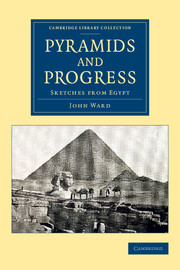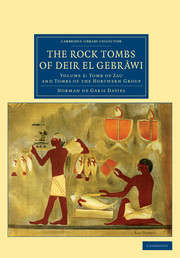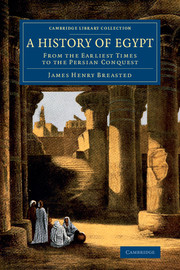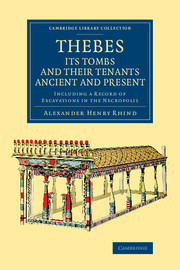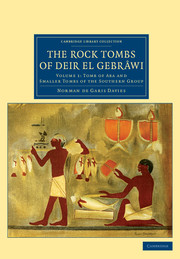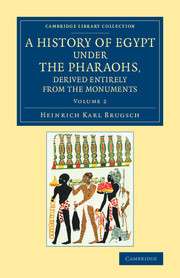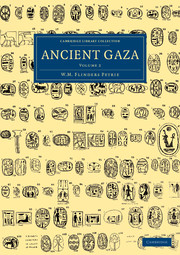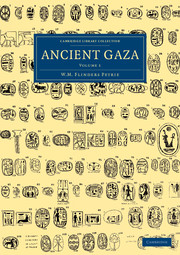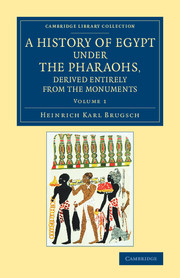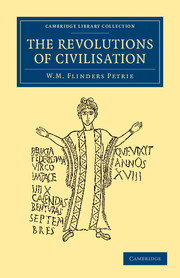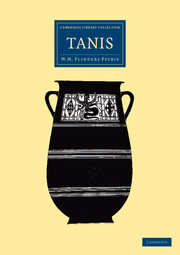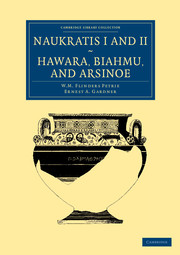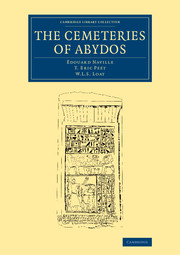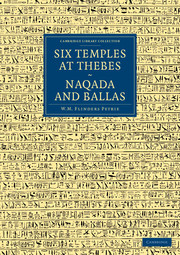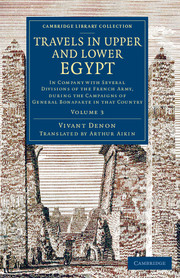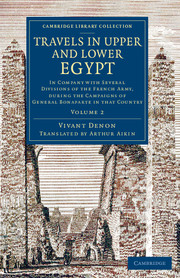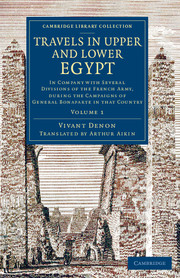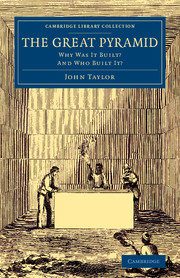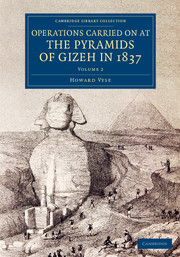The large-scale scientific investigation of Egyptian antiquities by Western scholars began as an unintended consequence of Napoleon's invasion of Egypt during which, in 1799, the Rosetta Stone was discovered. The military expedition was accompanied by French scholars, whose reports prompted a wave of enthusiasm that swept across Europe and North America resulting in the Egyptian Revival style in art and architecture. Increasing numbers of tourists visited Egypt, eager to see the marvels being revealed by archaeological excavation. Writers and booksellers responded to this growing interest with publications ranging from technical site reports to tourist guidebooks and from children's histories to theories identifying the pyramids as repositories of esoteric knowledge. This series reissues a wide selection of such books. They reveal the gradual change from the 'tomb-robbing' approach of early excavators to the highly organised and systematic approach of Flinders Petrie, the 'father of Egyptology', and include early accounts of the decipherment of the hieroglyphic script.
